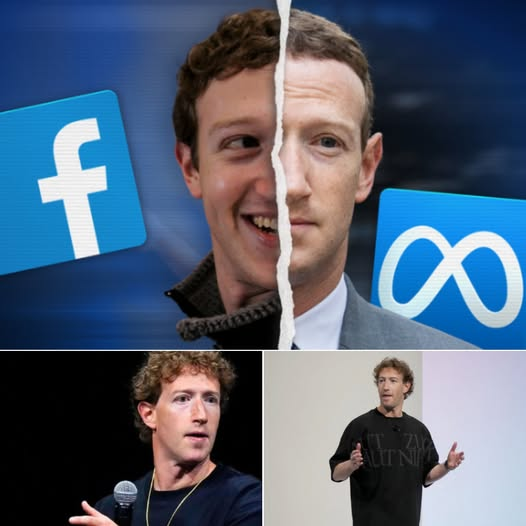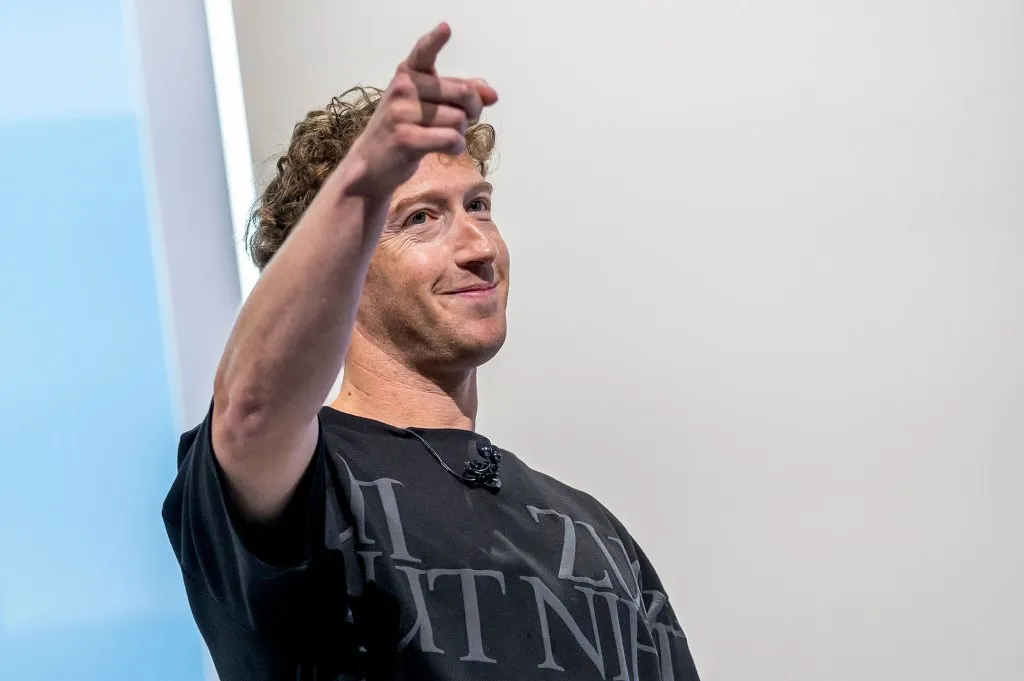
A major intellectual property theft is unfolding in the world of publishing. Meta, the parent company of Facebook, has shamelessly exploited millions of stolen books to train its artificial intelligence models. And CEO Mark Zuckerberg has personally approved this unethical act.
Library Genesis: A Haven for Stolen Books
As an author, I have had a conflicted relationship with Library Genesis, commonly known as LibGen. This digital repository contains an extensive collection of pirated books, stolen research papers, and various other materials that were never meant to be freely distributed.
Most authors feel helpless in the face of widespread copyright violations. There is little we can do to stop it.
Now, Meta has taken this to another level.
Meta’s Raid on Illegal Book Archives
Thanks to an outstanding investigation by Alex Reisner at The Atlantic, some shocking facts have been exposed:
- Meta secretly harvested data from LibGen and Anna’s Archive, two of the largest repositories of stolen books, to train its AI model Llama 3.
- Internal emails show that Meta employees were aware of the illegal nature of this action. One employee even wrote, “Books are actually more important than web data.”
- Mark Zuckerberg personally approved this unethical move.
Let that last sentence sink in:
The CEO of Facebook knowingly allowed the theft of intellectual property on a massive scale.
The Cost for Authors

For some, this might seem like just another tech industry controversy. But for authors, this is a nightmare.
- Books are not free to create. Writing a book requires years of research, writing, editing, and promotion.
- Most authors are not wealthy. Unlike billionaires like Mark Zuckerberg, most authors struggle to make a living from their work.
- Meta has completely ignored these facts. The company sees books as nothing more than free fuel for artificial intelligence, regardless of copyright laws, ethics, and basic human decency.
Meta Could Have Done the Right Thing
The most frustrating part is that Meta is not struggling for resources.
- Meta made 164.5 billion dollars in revenue in 2024, with a staggering profit of 62.4 billion dollars.
- The company could have negotiated with publishers and authors to use books in a fair and legal manner.
- Meta could have led the way in ethical AI development.
Instead, Meta chose to steal.
Meta’s Strategy of Admitting Guilt
When confronted with the evidence, Meta did not deny the accusations.
- The company attempted to justify its actions under “fair use”—a legal principle that allows the use of copyrighted content in education, research, and criticism.
- But this is not education or research. This is a trillion-dollar company exploiting intellectual property for profit.
- Fair use is not a license to steal.
Meta Stole All Five of My Books
Using the book-checking tool created by Alex Reisner, I discovered that all five of my books had been used by Meta to train its artificial intelligence.
- Not a single royalty was paid.
- Not a single permission was requested.
- Not a single shred of respect was shown for my work.
And I am not alone. Thousands of authors have been affected.
A Major Lawsuit Is Coming
A group of authors is now preparing a class-action lawsuit against Meta, accusing the company of copyright infringement and unfair business practices.
- If the lawsuit is successful, it could set a major legal precedent, preventing AI companies from exploiting content without consent.
- Meta is taking a legal gamble, but this time, the consequences could be severe.
Although I am not directly involved in this lawsuit, I fully support it.
AI Cannot Be Built on Theft
Meta is not the only tech company guilty of aggressively scraping data. The entire artificial intelligence industry is obsessed with gathering massive amounts of content at any cost.
- Without clear regulations, AI will become a machine that feeds off the creative work of others.
- If companies like Meta continue unchecked, authors will lose the motivation to write.
- If copyright laws are ignored, the future of human knowledge is in danger.
Message to Meta: Do Not Steal Our Future
Imagine a world where no one wants to write books, share ideas, or create art because everything is immediately stolen and repurposed.
- Meta is not just stealing books. The company is stealing the future of creativity.
- Ethics is not optional. If Meta wants to build artificial intelligence, it must respect content creators.
- Technology must not become a tool for exploitation. AI should help humanity, not destroy creative industries.
Mark Zuckerberg Cannot Escape Responsibility
- Mark Zuckerberg can avoid journalists, but he cannot escape the truth.
- Meta can hire lawyers, but it cannot erase its actions.
- We, as authors, will not remain silent.
We are not asking for favors. We are demanding justice.
Artificial intelligence should not be built on stolen work.
The Broader Impact of Meta’s Actions
Meta’s theft of intellectual property does not just harm authors—it threatens the entire creative industry. If this kind of corporate exploitation becomes the norm, the consequences will be devastating for writers, researchers, journalists, and educators.
The Collapse of Publishing and Journalism
Publishing is already a challenging industry. Many authors struggle to secure book deals, and even those who do often receive minimal financial compensation for their work. If AI companies like Meta continue using stolen books to train their models, the market for human-written content will shrink.

- Why would a company pay a writer when an AI model can generate content based on stolen work?
- Why would a reader buy books when AI can summarize or rewrite them for free?
- Why would publishers invest in new authors if their works will just be exploited by AI?
The same danger applies to journalism. Reporters spend months investigating stories only to see AI tools rewrite and republish their work in seconds. This does not just affect jobs—it erodes trust in factual reporting.
The Destruction of Creativity and Original Thought
If AI models are built entirely on stolen content, the quality of knowledge and creativity will decline. AI can only remix existing ideas; it cannot produce true originality.
- Writers, researchers, and artists will lose the incentive to create if their work is instantly taken.
- Audiences will be left with an endless loop of recycled content.
- The future of knowledge will be controlled by corporations, not by human thinkers.
This is not just about books—it is about the future of intellectual freedom. If we do not act now, Meta and other tech giants will redefine ownership, making creativity a thing of the past.


